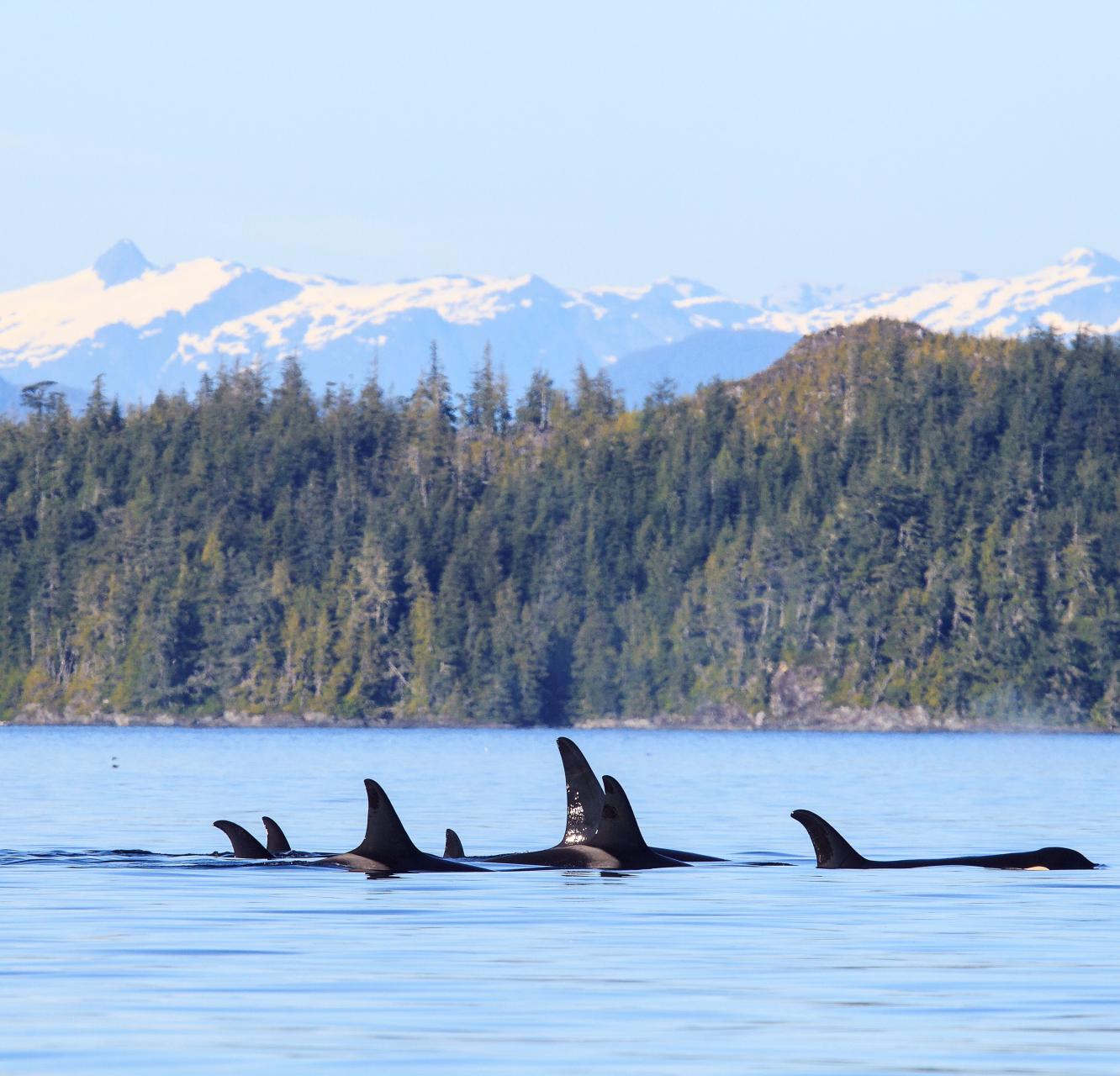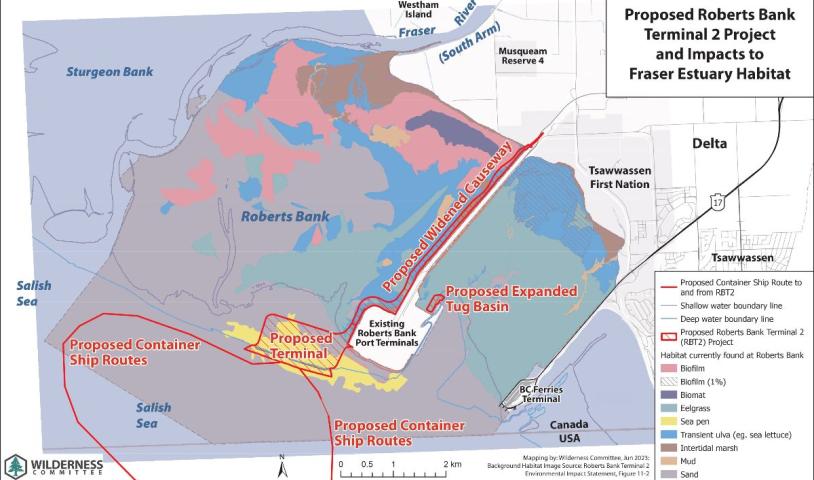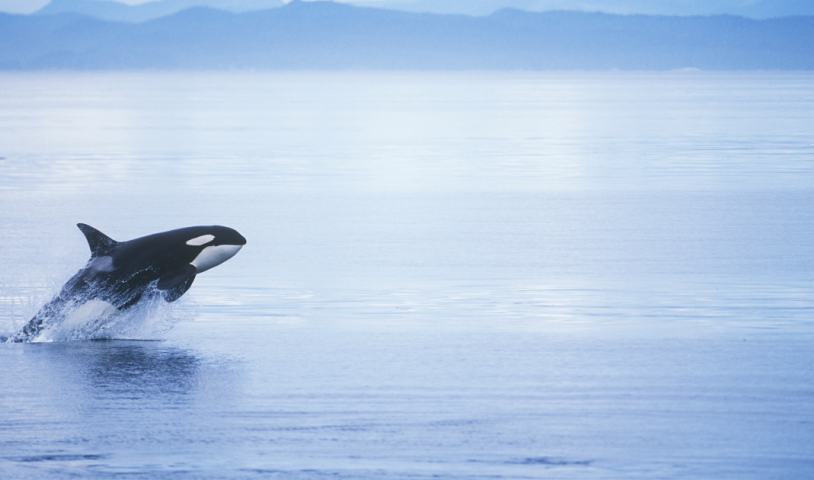Navy sonar: Canadian environmental groups get legal standing in U.S. court case
Thursday, January 17, 2013
Suit opposes naval exercises that would be harmful to marine animals and their habitat
Canadian environmental groups have received legal standing in a U.S. suit that seeks to halt Navy sonar exercises that would threaten at-risk whales on the West Coast.
Margot Venton, a lawyer with Ecojustice, said Wednesday it is important for the U.S. courts to appreciate that ocean noise is an emerging issue in Canada, including for endangered southern resident killer whales in the shared waters of the Salish Sea.
Concerns over underwater noise are broad, she noted, and include not just sonar but continued expansion of Port Metro Vancouver and increased shipping through critical habitat of the killer whales.
The National Marine Fisheries Service, which is being sued by Earthjustice and others in the U.S. for approving the naval exercises, was opposed to Ecojustice — representing Georgia Strait Alliance, Wilderness Committee, Raincoast Conservation and David Suzuki Foundation — participating in the suit, Venton said.
But Judge Nandor Vadas of the U.S. district court, Eureka division, in California, has ruled that the “different perspective and additional information” provided by Canadians “may be helpful to the court” and has allowed their written submission. NMFS has until April to respond.
Ecojustice, with assistance from the Environmental Law Clinic of the Stanford Law School, says in its submission that blue, sei, humpback and fin whales are among other at-risk marine species that could be impacted by sonar exercises off the coast.
“Canadian efforts alone will not be enough to protect and recover these species,” Ecojustice says. “Naval testing activities on the American side of the border clearly could undermine Canada’s efforts to conserve these whales and to protect them from acoustic disturbances.”
The brief says that Canadian regulations designed to protect critical whale habitat prohibit “acoustic disturbances that would destroy critical habitat, for example by rendering it unsuitable” for southern resident killer whales.
At issue are five-year regulations authorizing activities such as torpedo and anti-submarine exercises in the Navy’s Northwest Training Range Complex, covering the waters from Puget Sound, Wash., next to the Canadian border, south to Northern California.
U.S. groups assert in legal documents: “As part of these exercises, the Navy will repeatedly broadcast high-intensity sound waves into a vast stretch of ocean, containing some of the most biologically productive marine habitat in the U.S and take other actions known to kill and injure whales, dolphins, fish, and sea turtles.”
They are asking the court to compel NMFS to “comply with its duties” under the Endangered Species Act and the Marine Mammal Protection Act and ensure that the “Navy conducts and mitigates its activities in a manner that protects these animals and their habitat from harm.”
A young resident female killer whale washed up dead last Feb. 11 in Long Beach, Wash. While an underwater explosion or naval sonar was suspected, the exact cause has not been determined.






